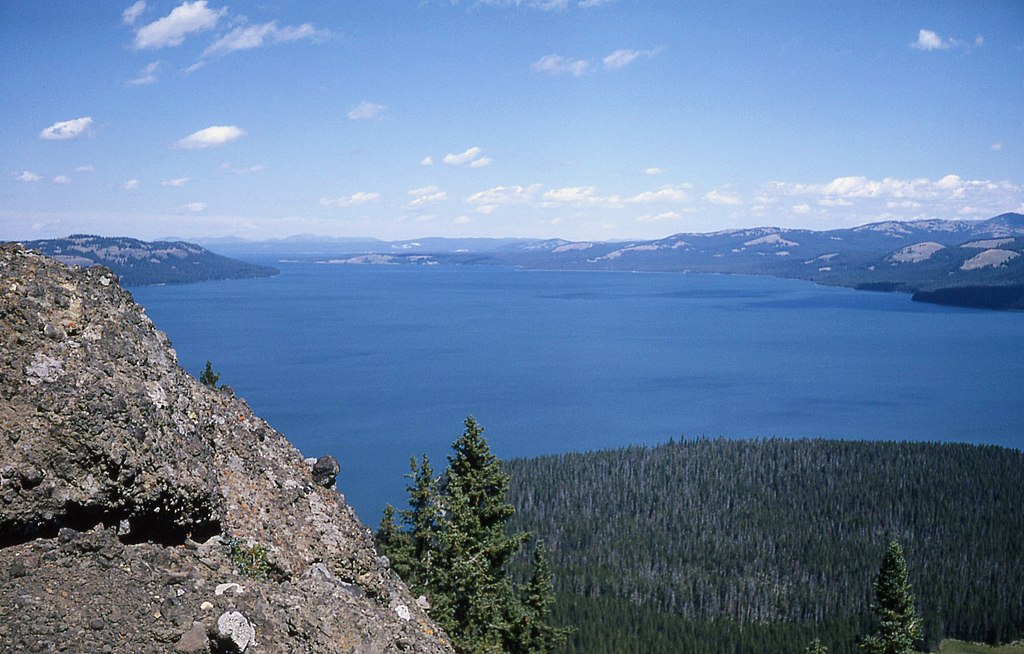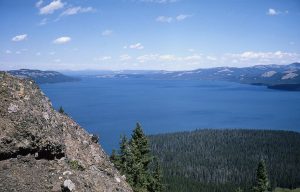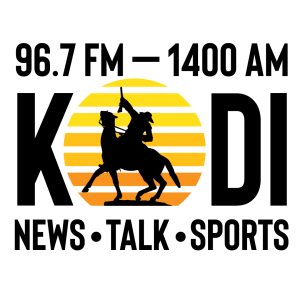A routine boat inspection at Grant Village discovered quagga mussels before they had a chance to devastate the pristine waters of Yellowstone National Park.
Park officials confirm that quagga mussels were found during a routine boat inspection at Grant Village on Thursday, June 17. Thankfully, a park aquatic invasive species (A.I.S.) inspector prevented the contaminated boat from launching into Yellowstone Lake.
“I commend the Yellowstone A.I.S. inspection team for their efforts at preventing the introduction of this dangerous aquatic invasive,” says Yellowstone Superintendent Cam Sholly. “It’s critical the public continues to partner with us to do their part to prevent the spread of A.I.S. in Yellowstone waterways.”
Both quagga and zebra mussels are native to western Europe and appeared in the U.S. during the 1980s. Stateside, the mussels destroy native wildlife habitat and cripple water systems.
Wyoming is one of the only U.S. states where the mussels haven’t been found – yet.
Once established, quagga and zebra mussels will be impossible to remove. This is why AIS inspections in Yellowstone are crucial to preserving the delicate environment.
Preventing the release of aquatic invasive species is critical because control and removal after they become established in a watershed are usually impossible. In addition, other efforts to reduce their impact can be costly.
To prevent the spread of aquatic invasive species, park inspectors examine all boats, kayaks, canoes, and float tubes before visitors can launch them in the water. In addition, boats with ballast tanks are not permitted to launch within the park.
Watercraft that arrive dirty or with standing water are subject to decontamination as some of these species are microscopic. Watercraft that cannot be adequately decontaminated will be prohibited from launching.
If you plan to use your boat or angler float tube in Yellowstone National Park, you will need a permit and an A.I.S. inspection. However, you can speed up the inspection process by arriving with a boat that is already clean, drained, and dry.
Read about watercraft permit and inspection locations and fees at Boating in Yellowstone.
Wyoming Game and Fish offers free training seminars for boaters and anglers who want to become AIS inspectors.
The training provides the skills necessary to inspect personally owned and other types of watercraft for mussels and other dangerous species. It’s an advantageous skill to have, as certification allows boaters to avoid extra travel to seek out an inspection, especially in the spring and fall.
For more information on AIS certification, contact Jon Gatti at 307-254-3554 or jonathan.gatti@wyo.gov. Please provide your name, mailing address, phone number, and email address.











